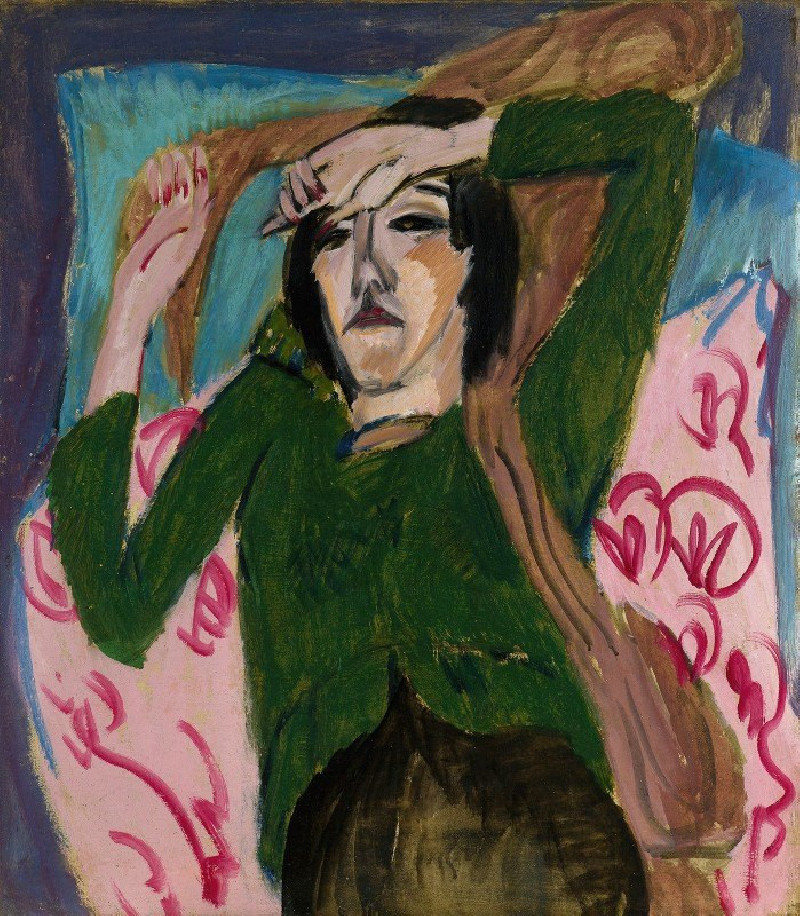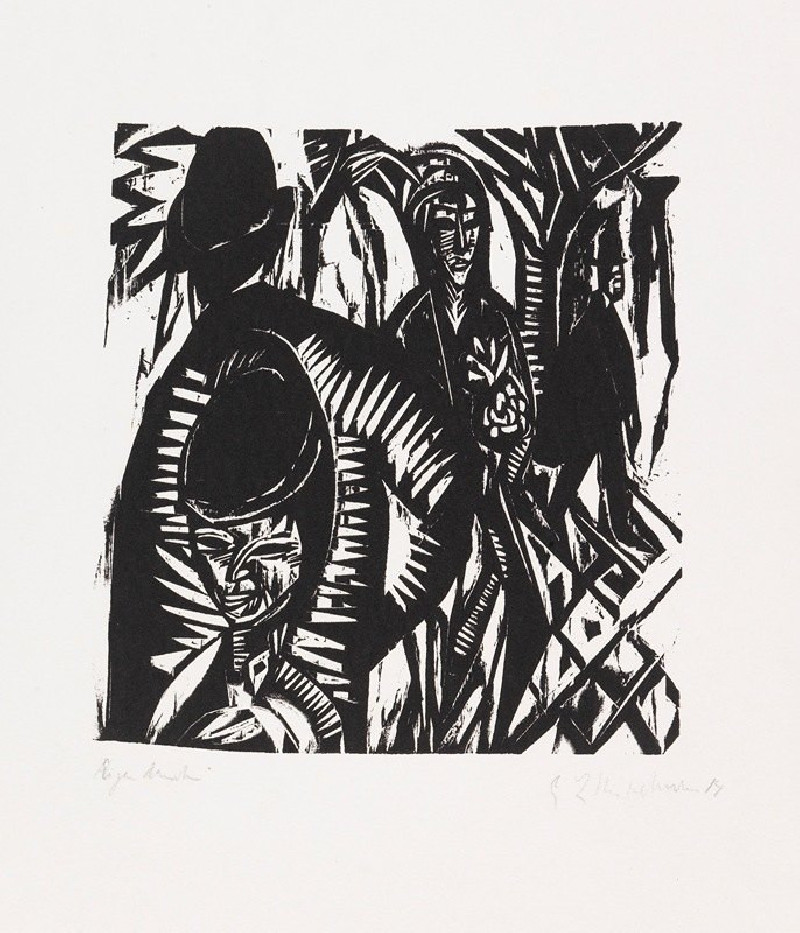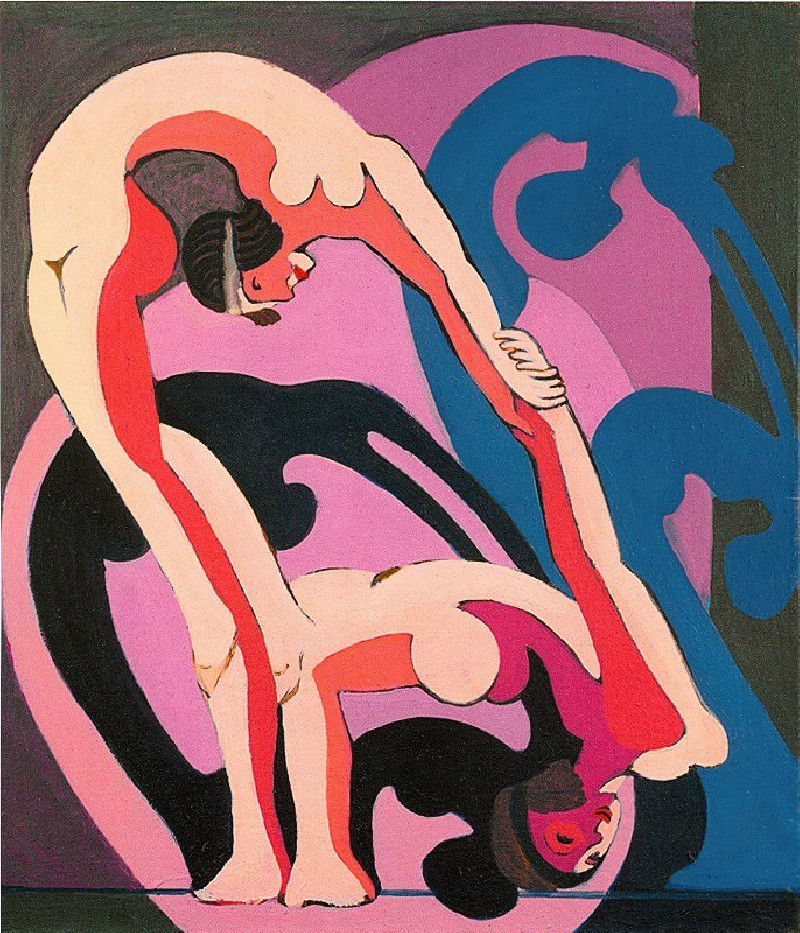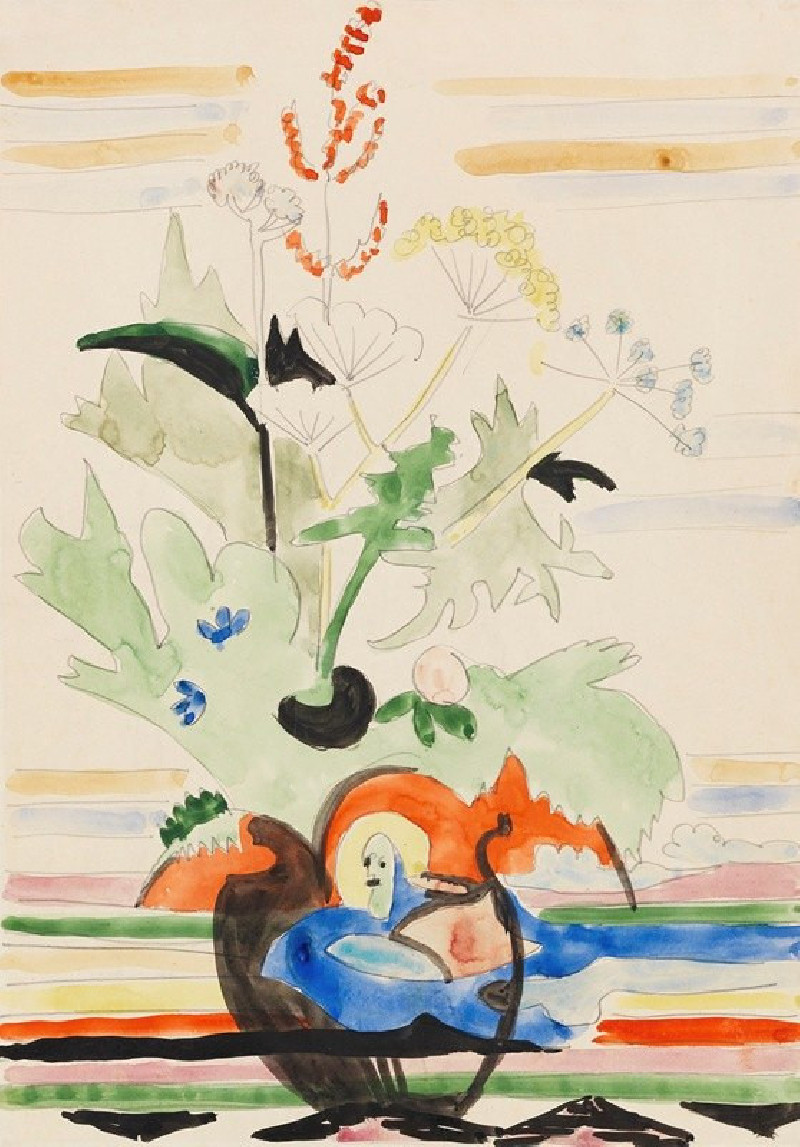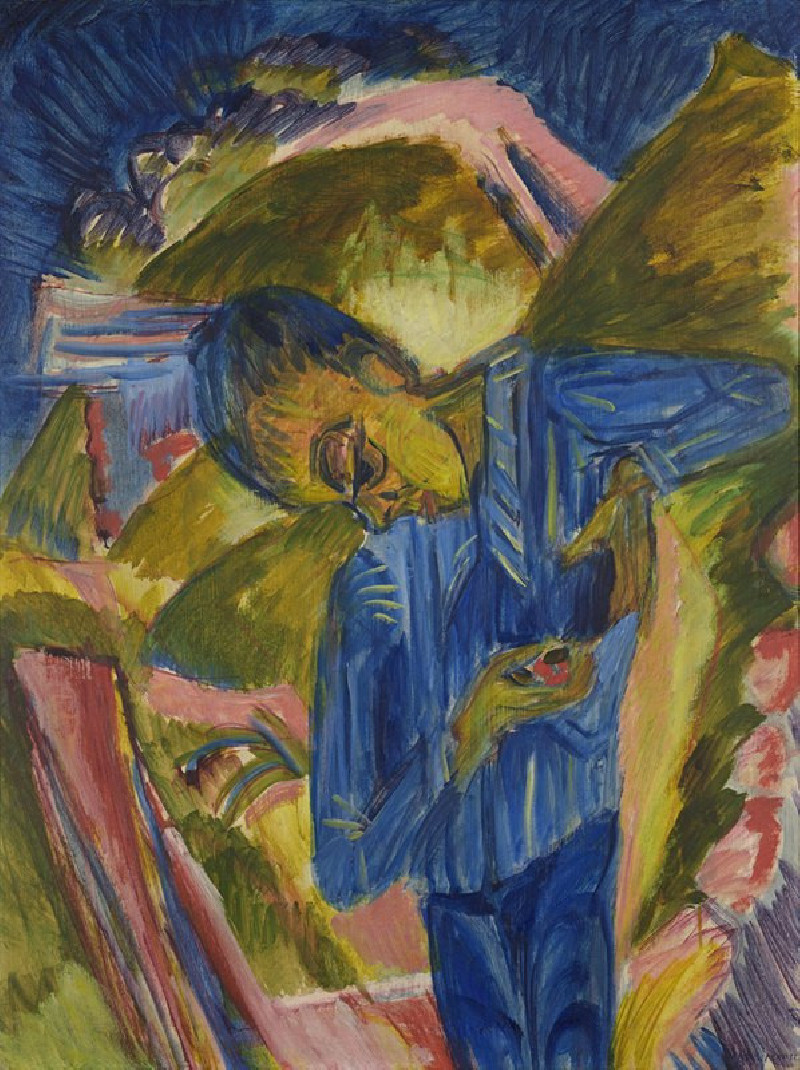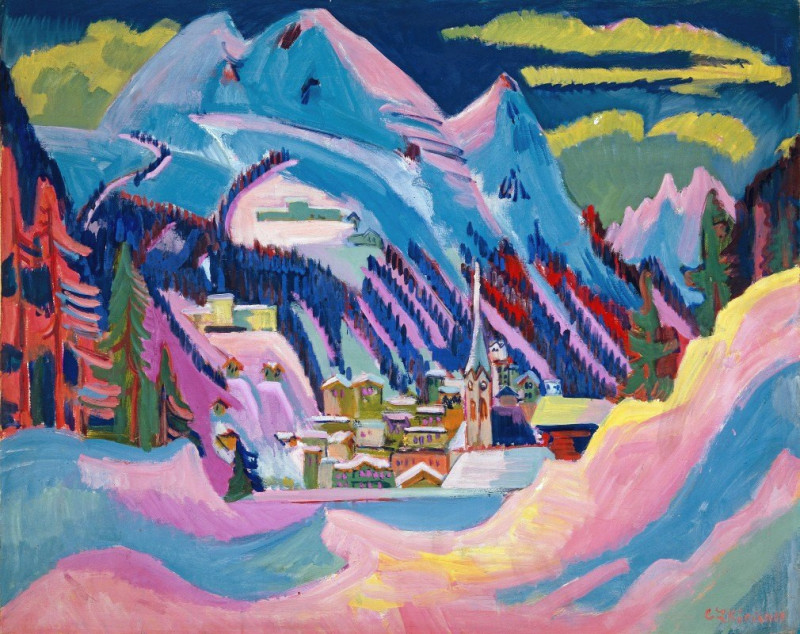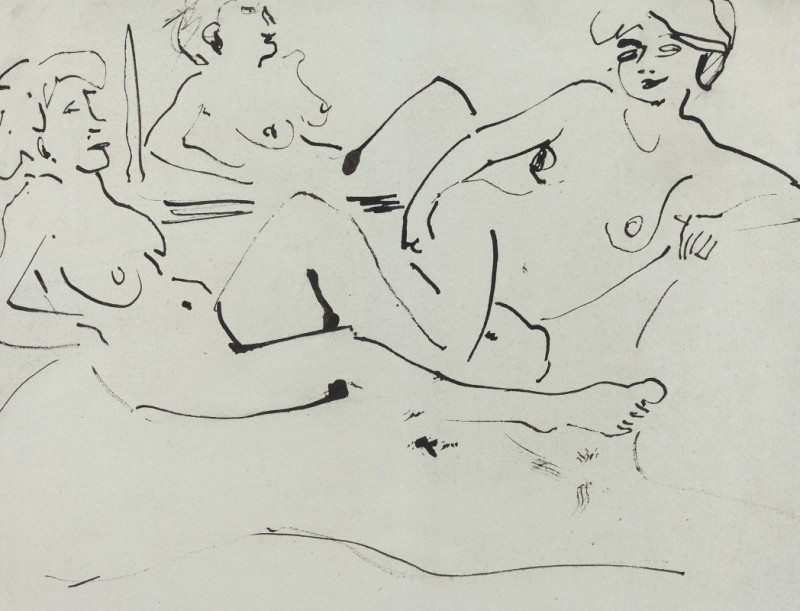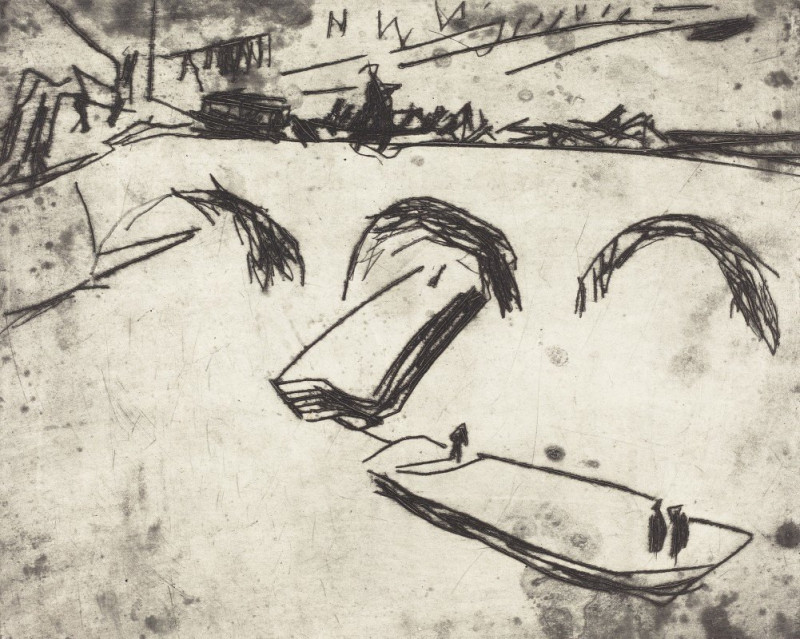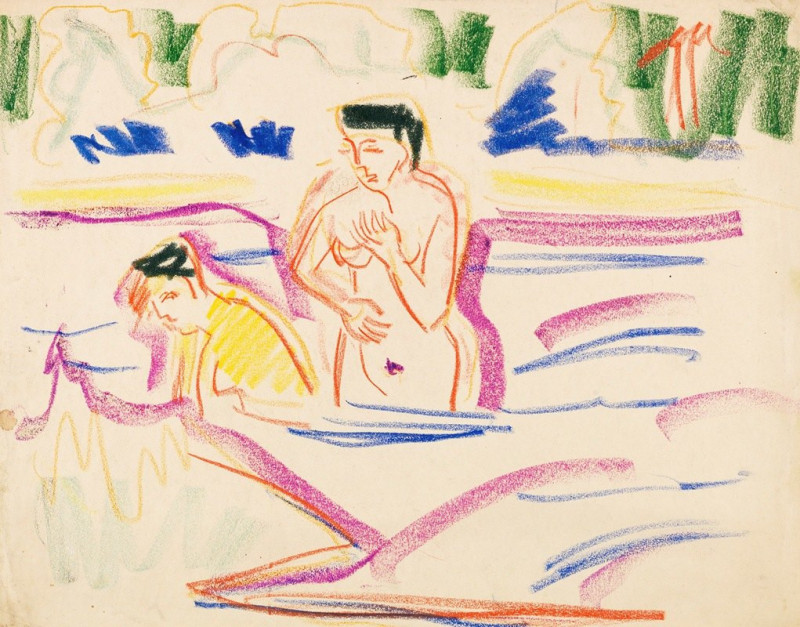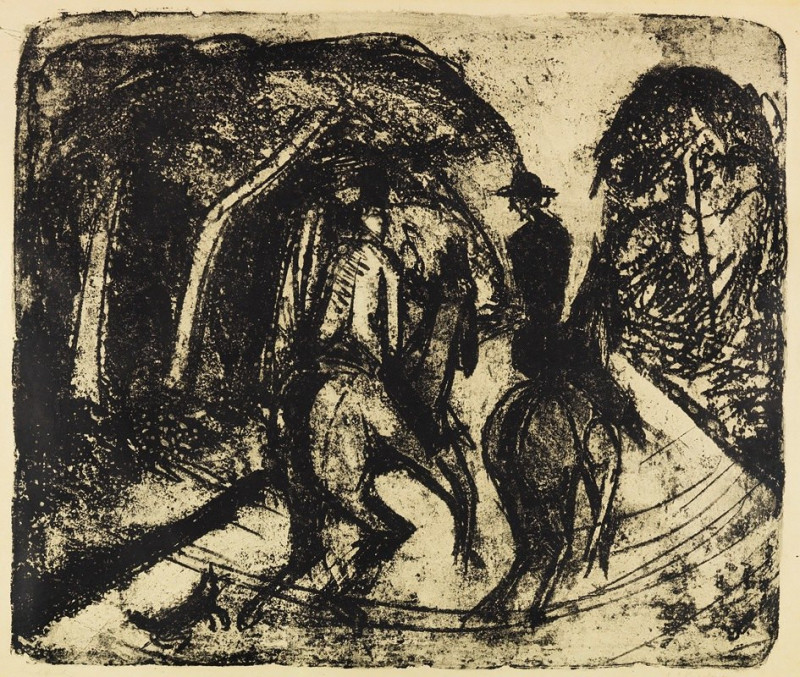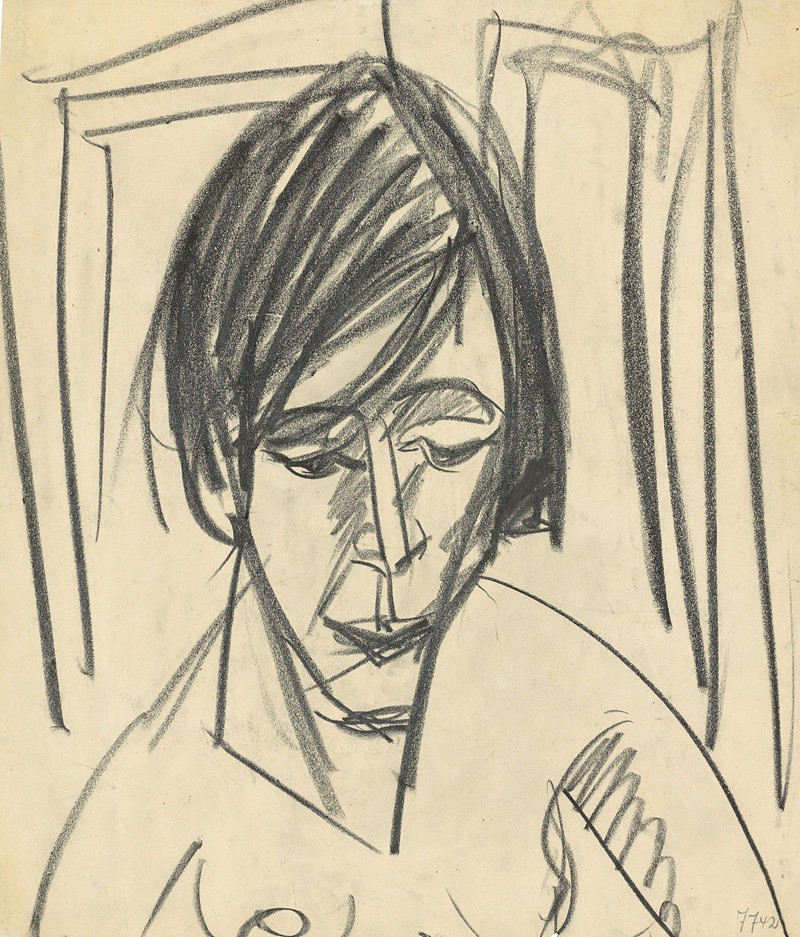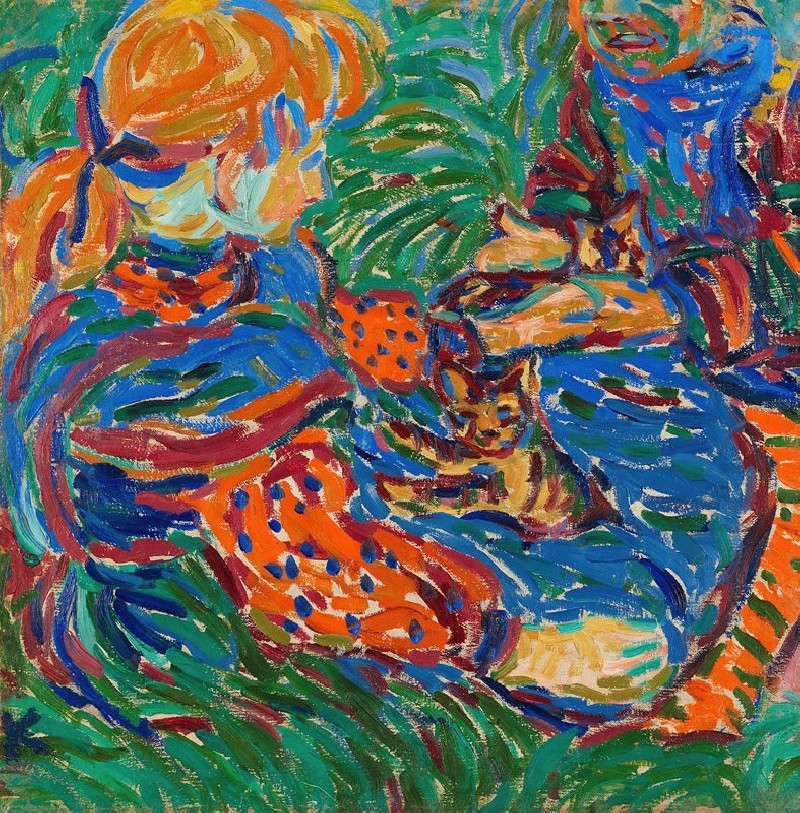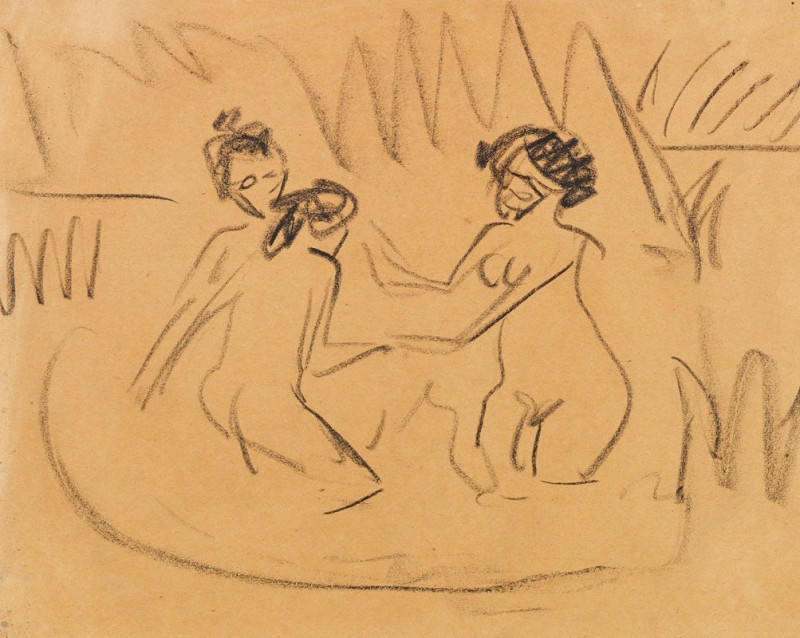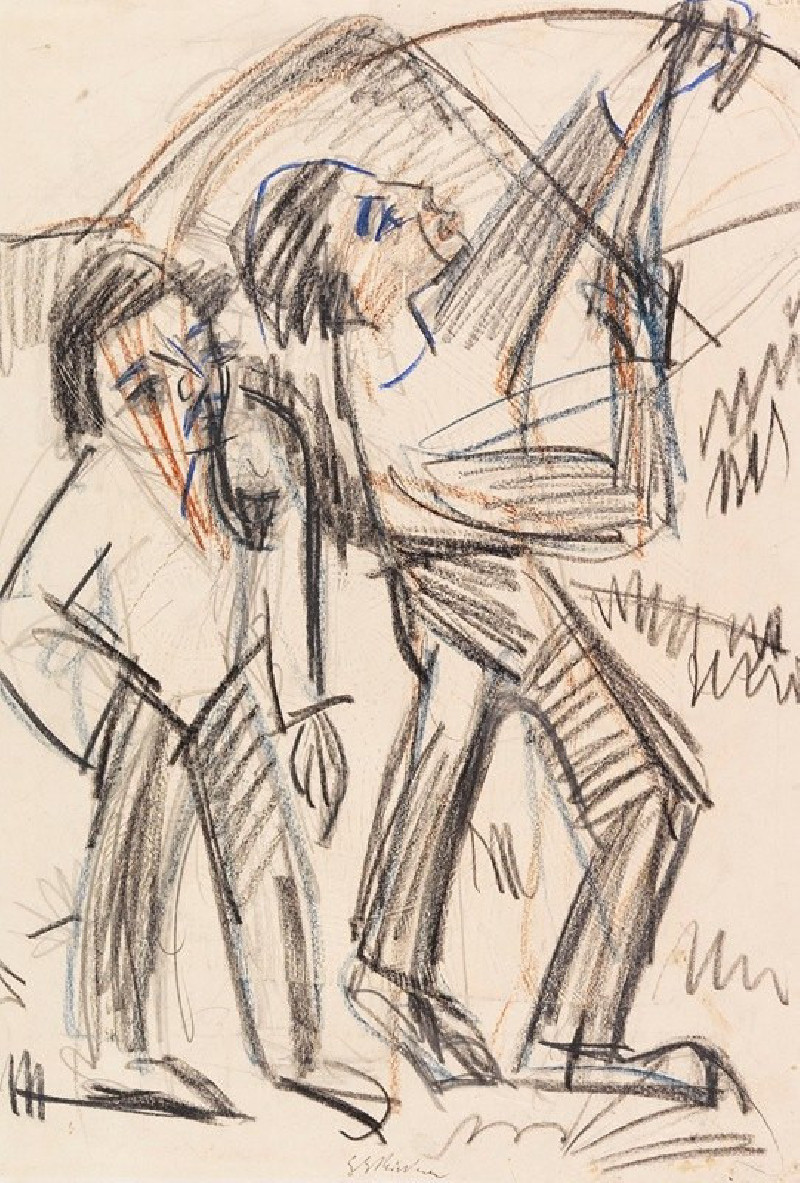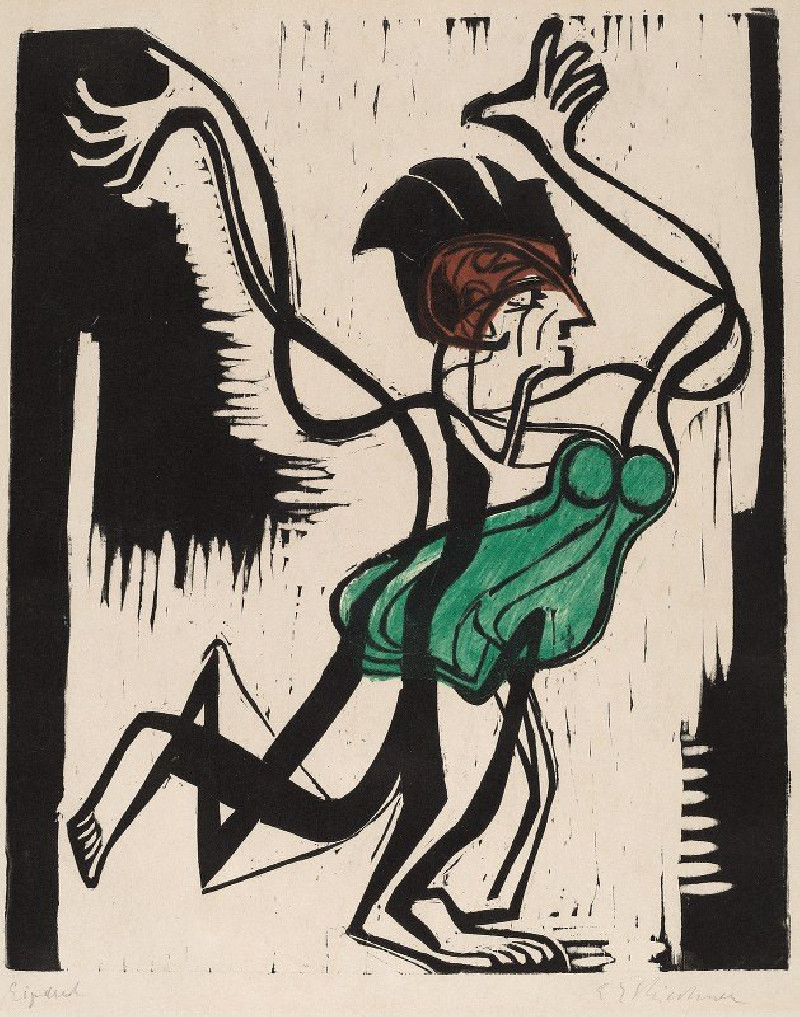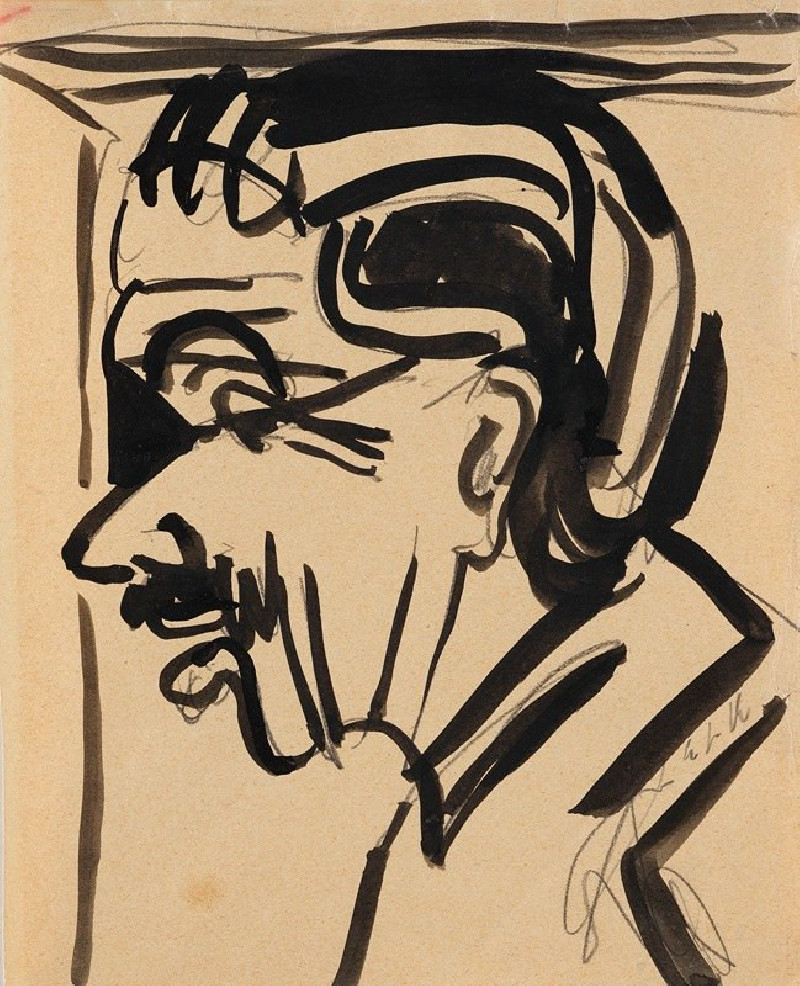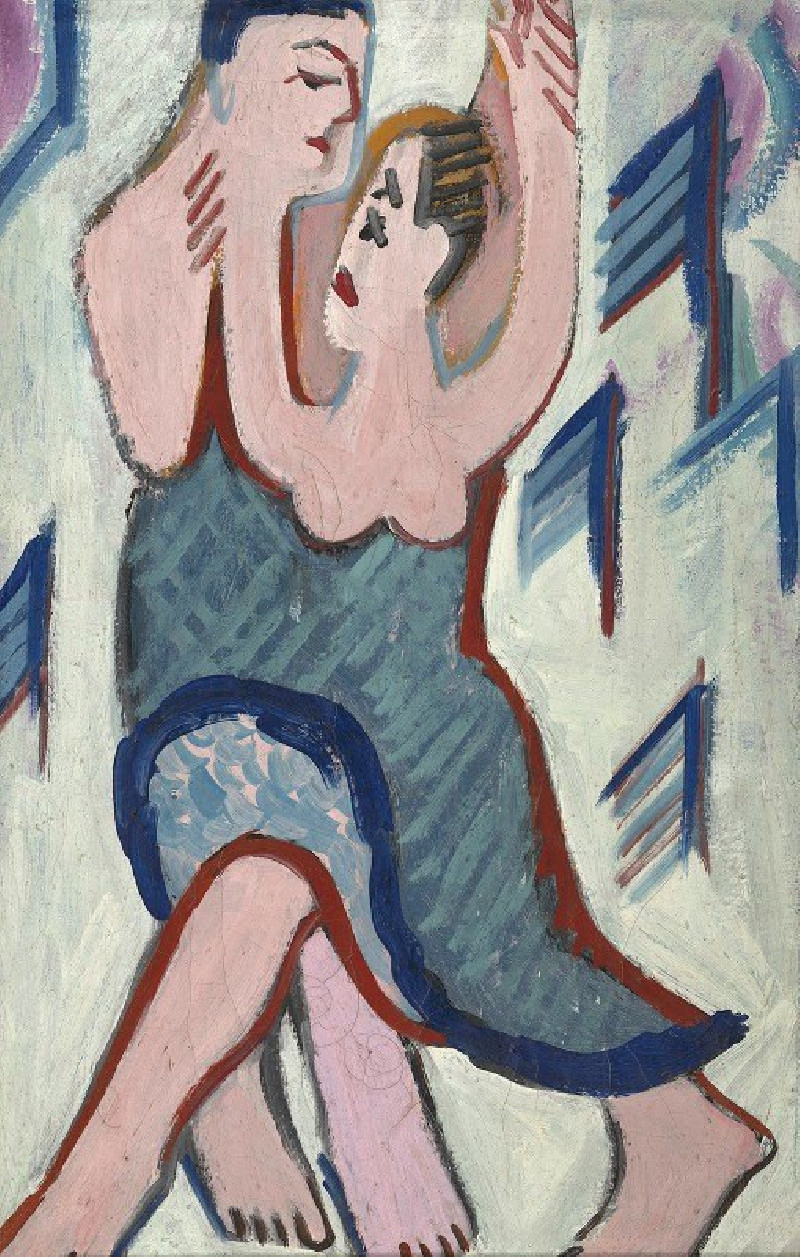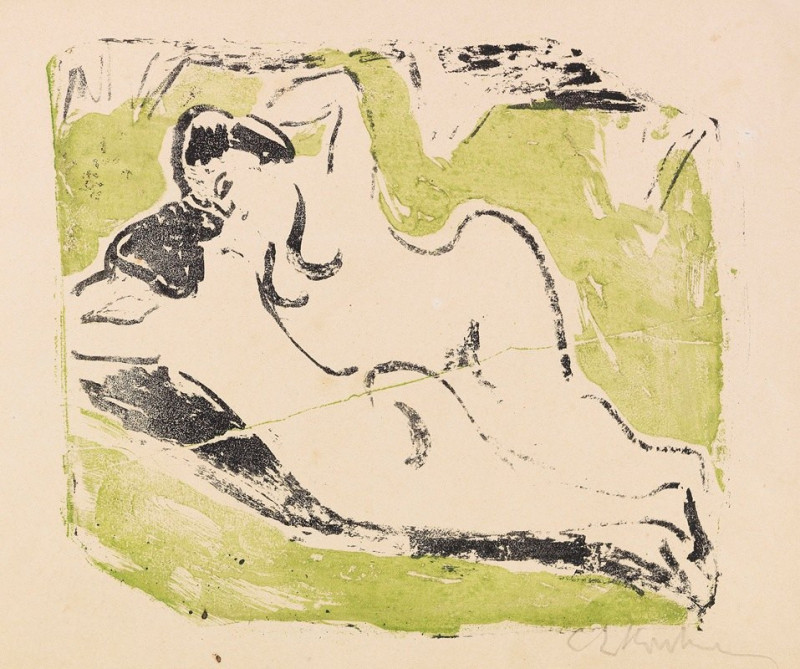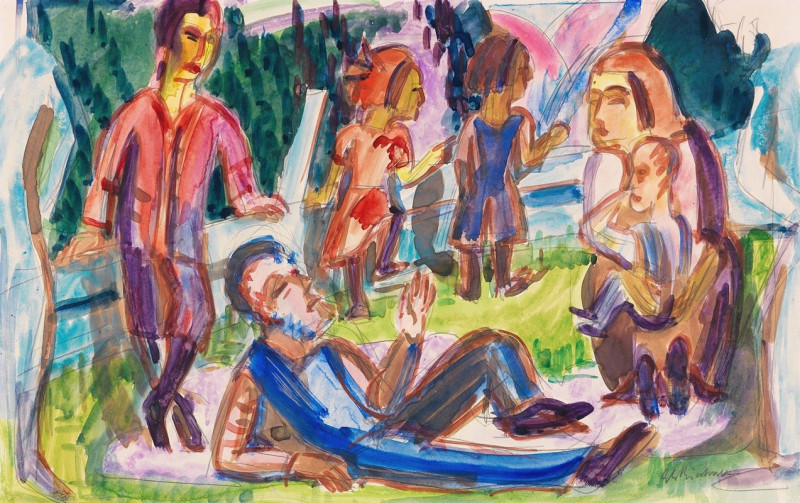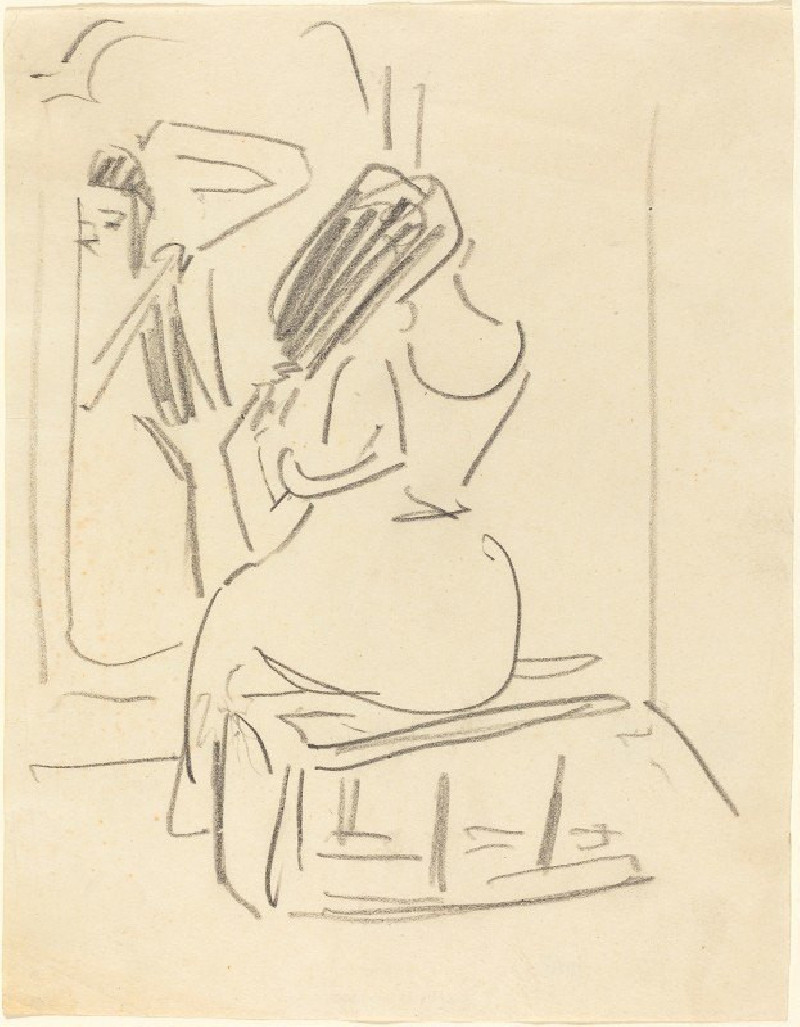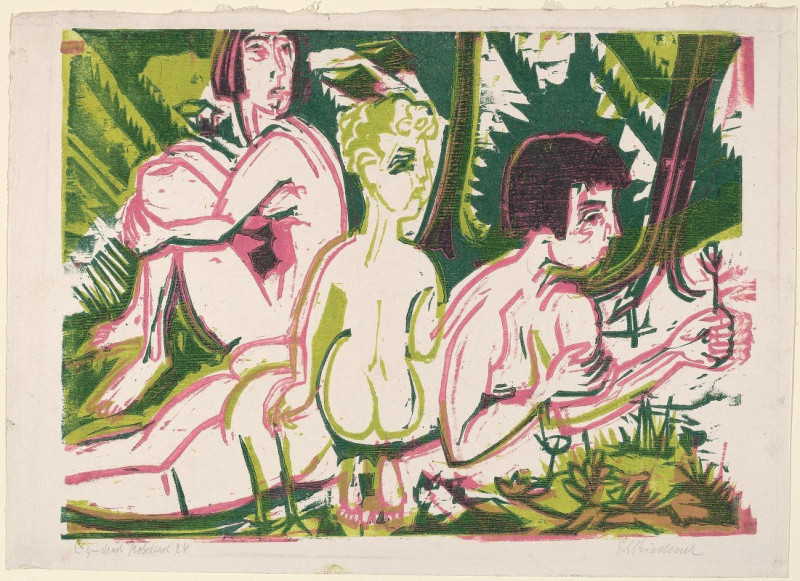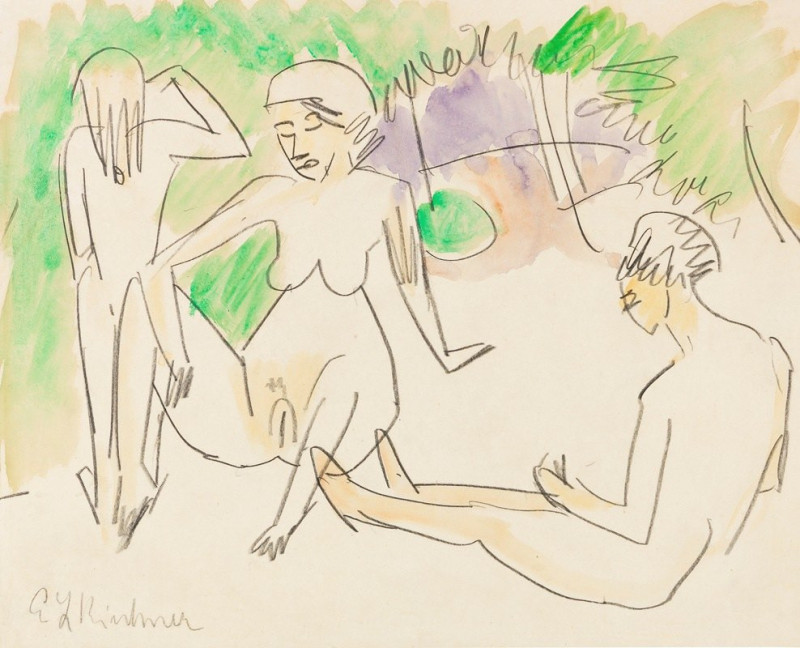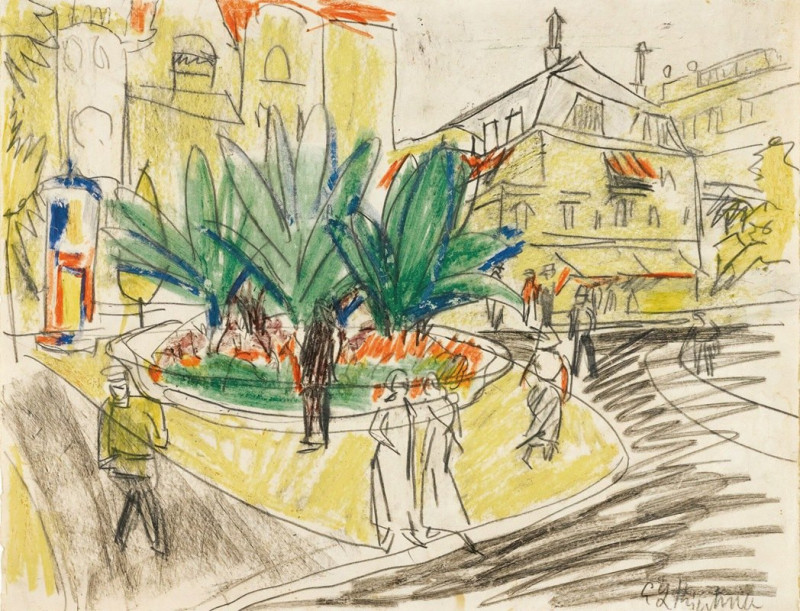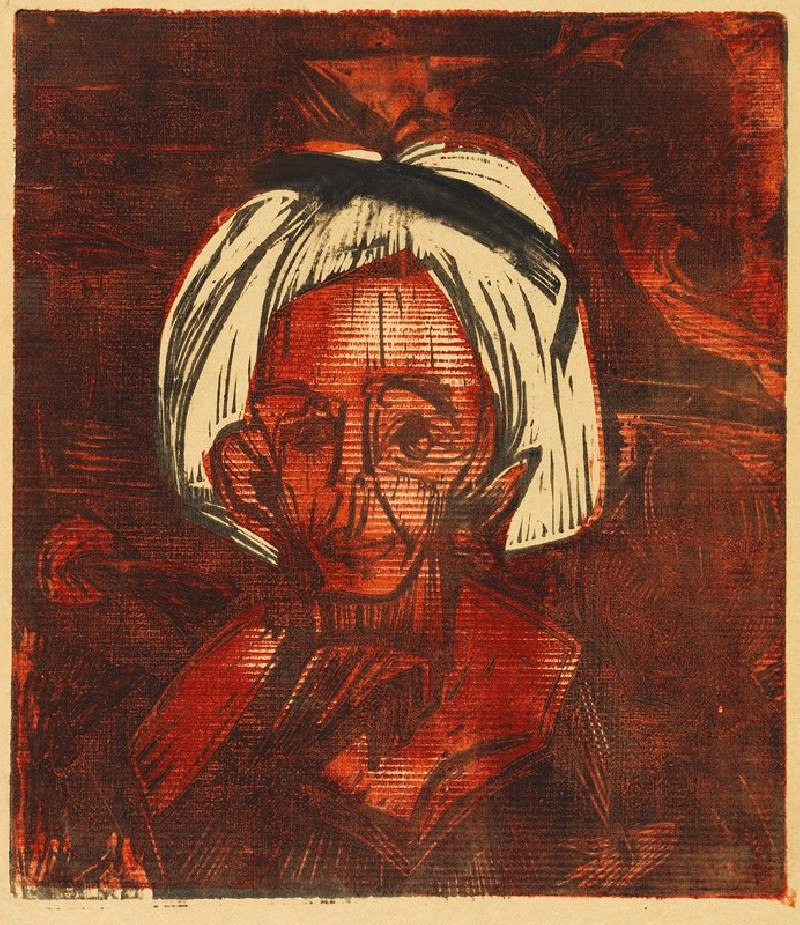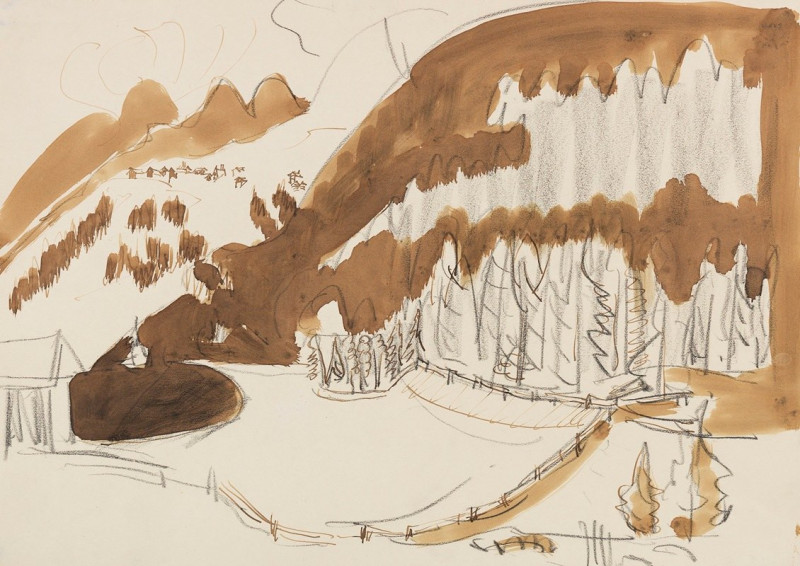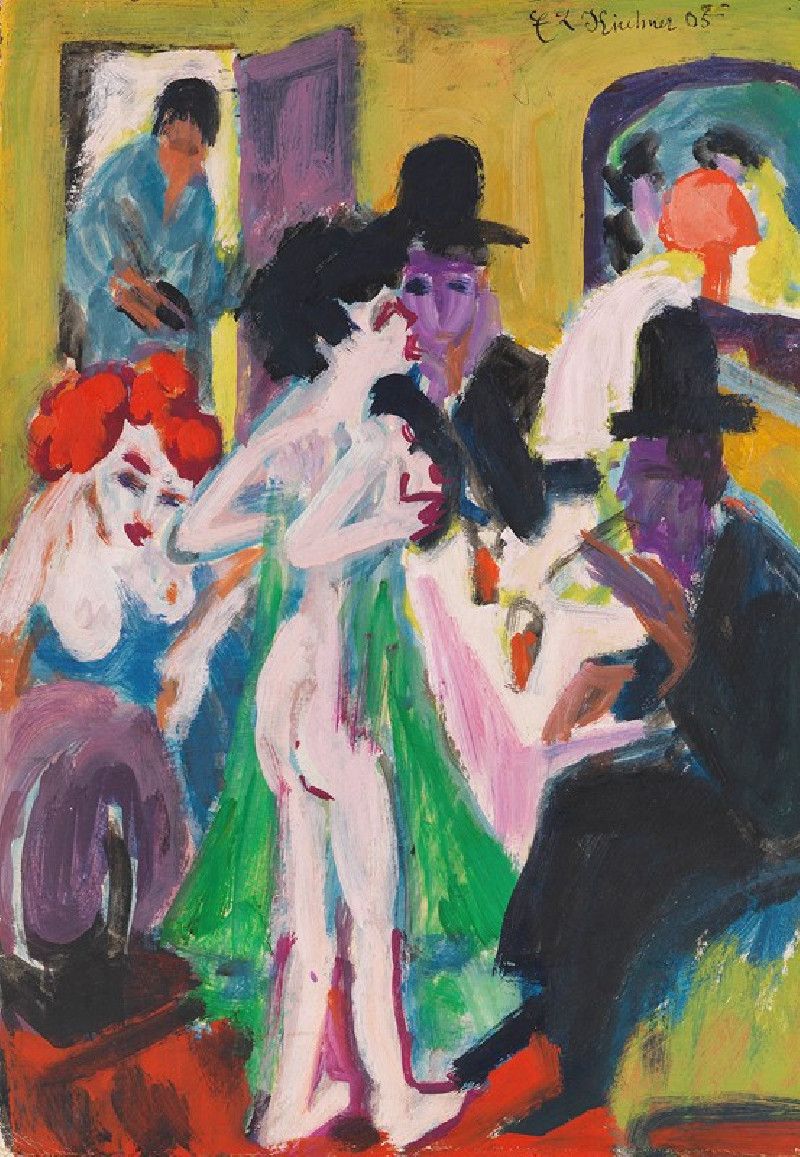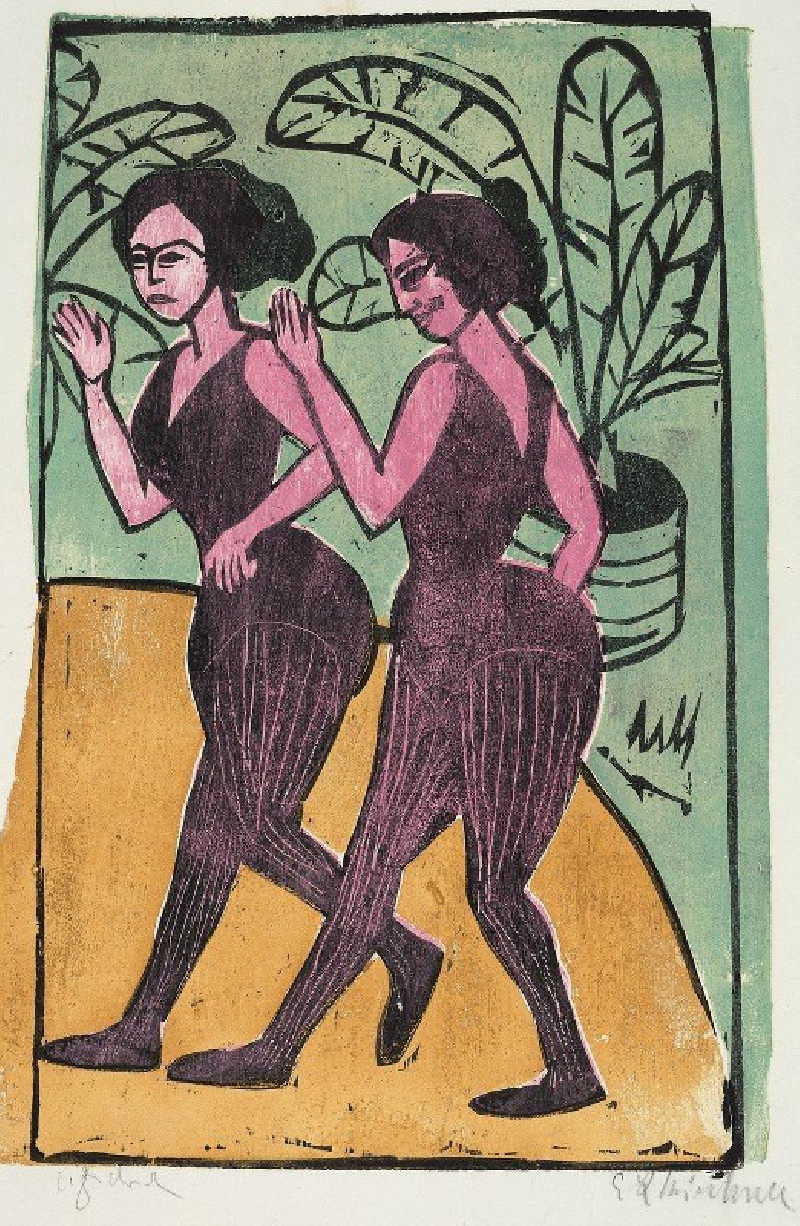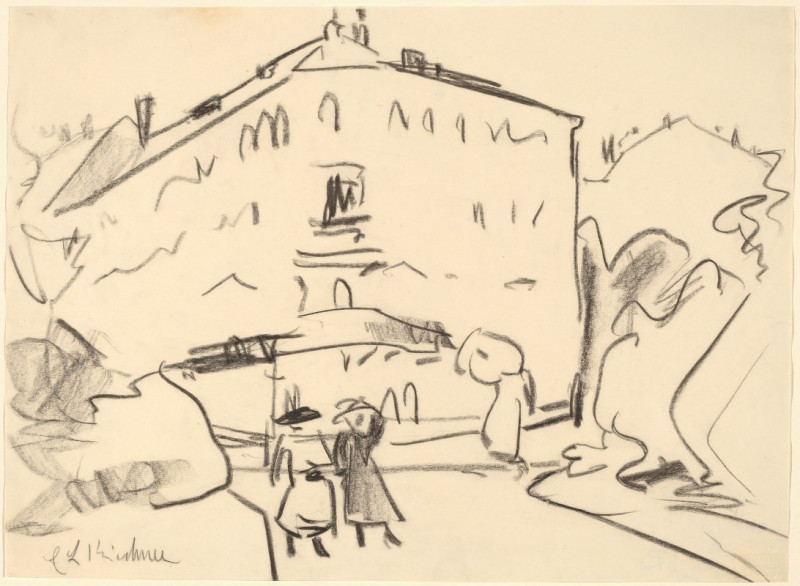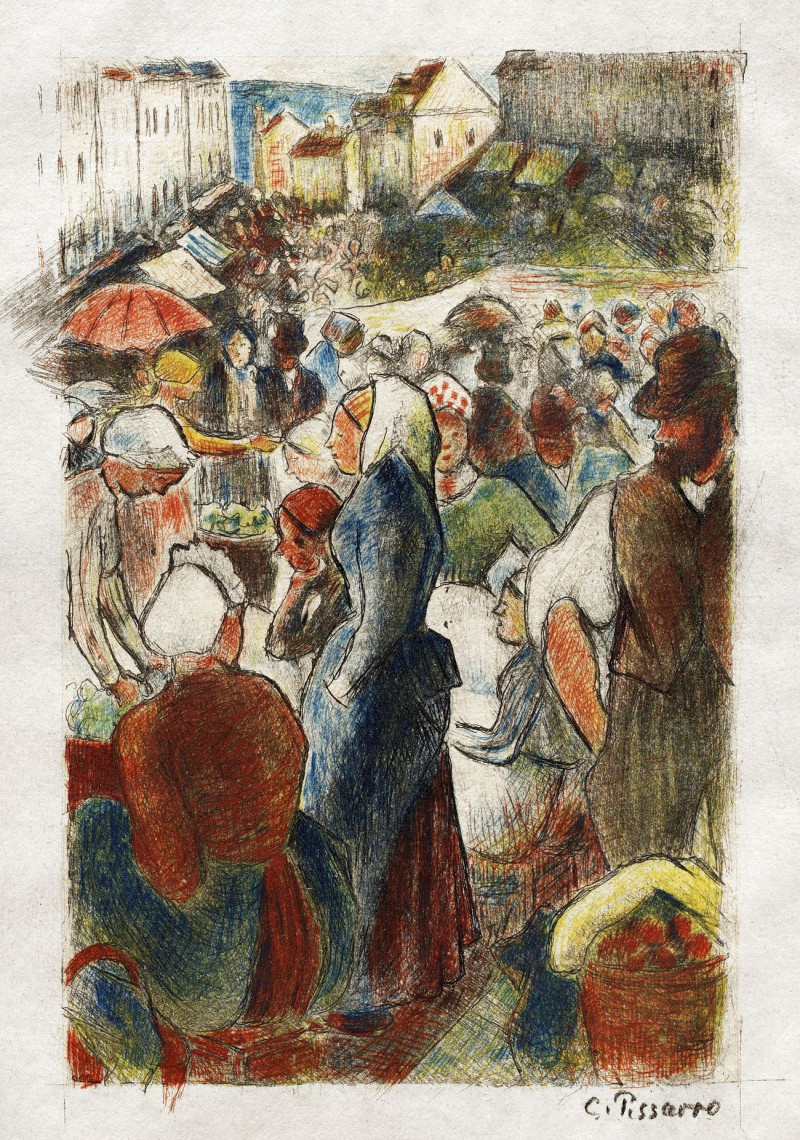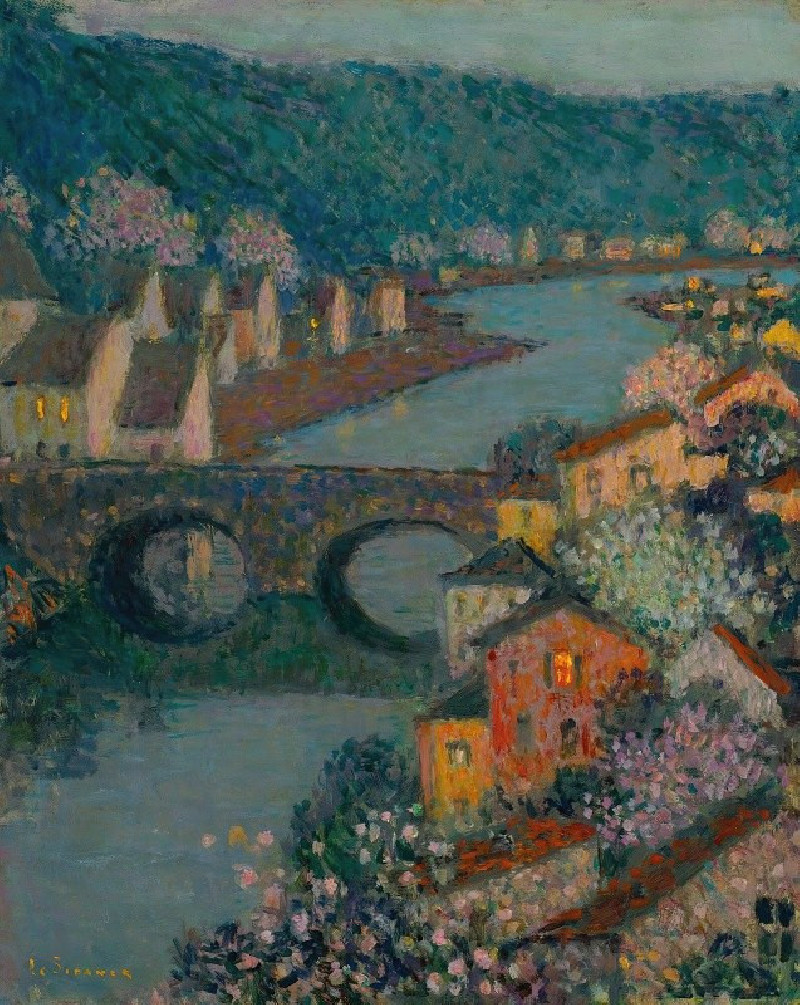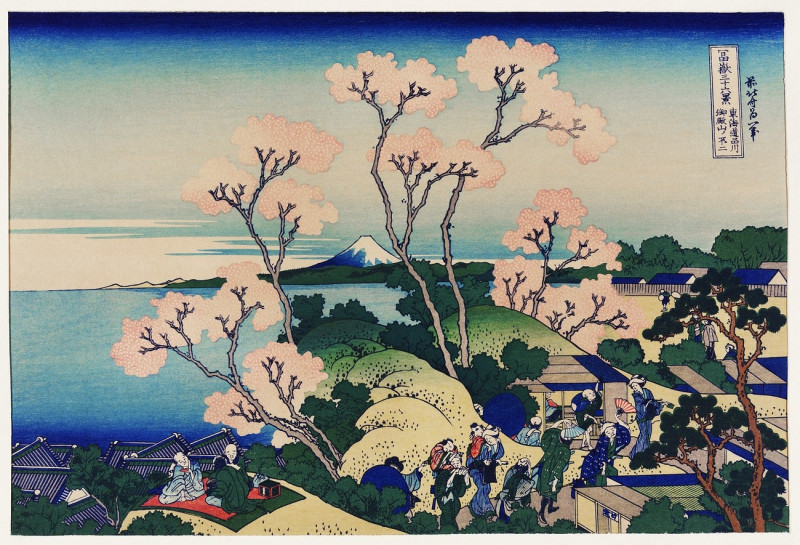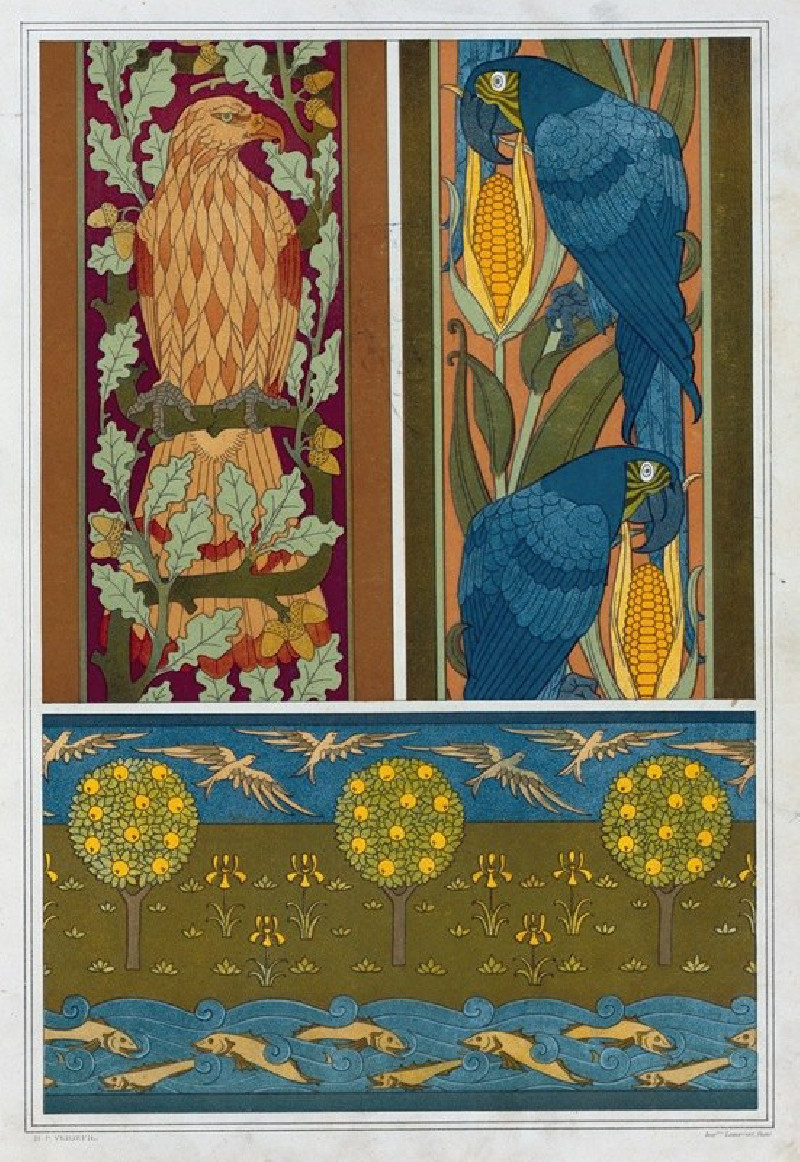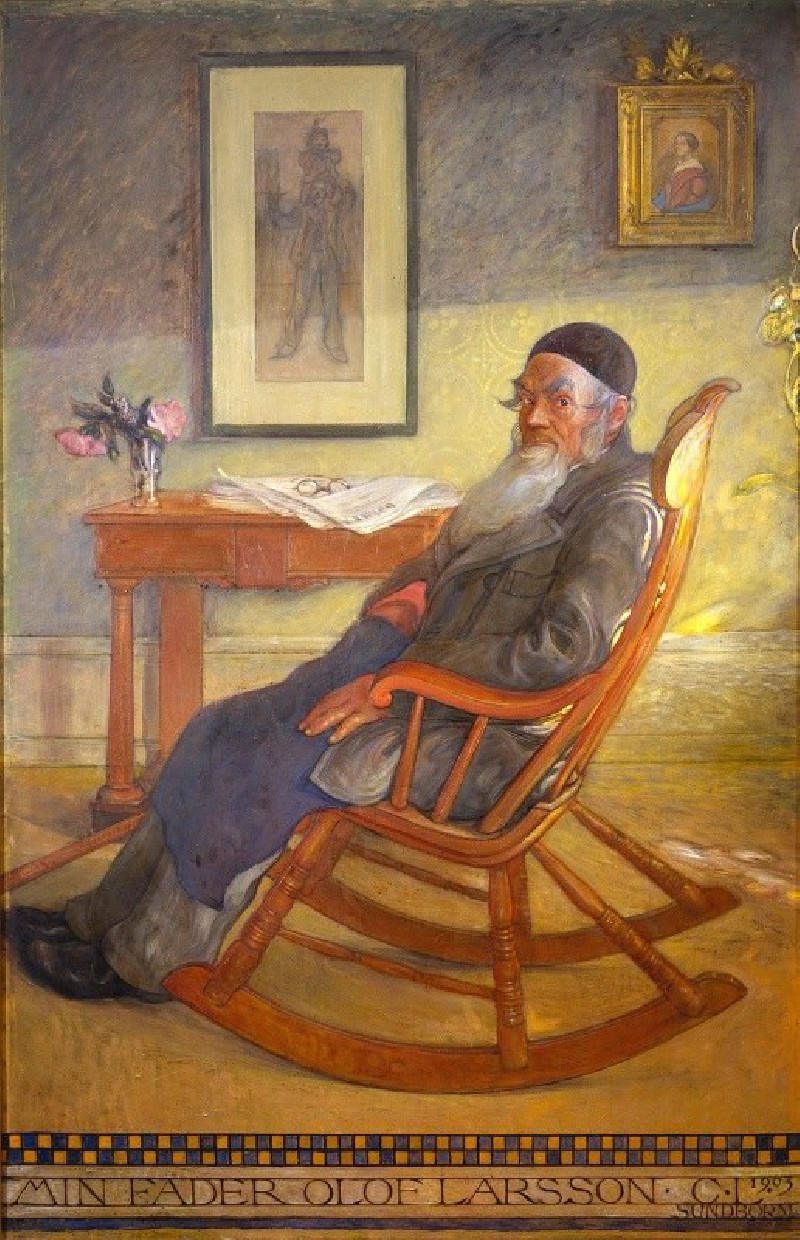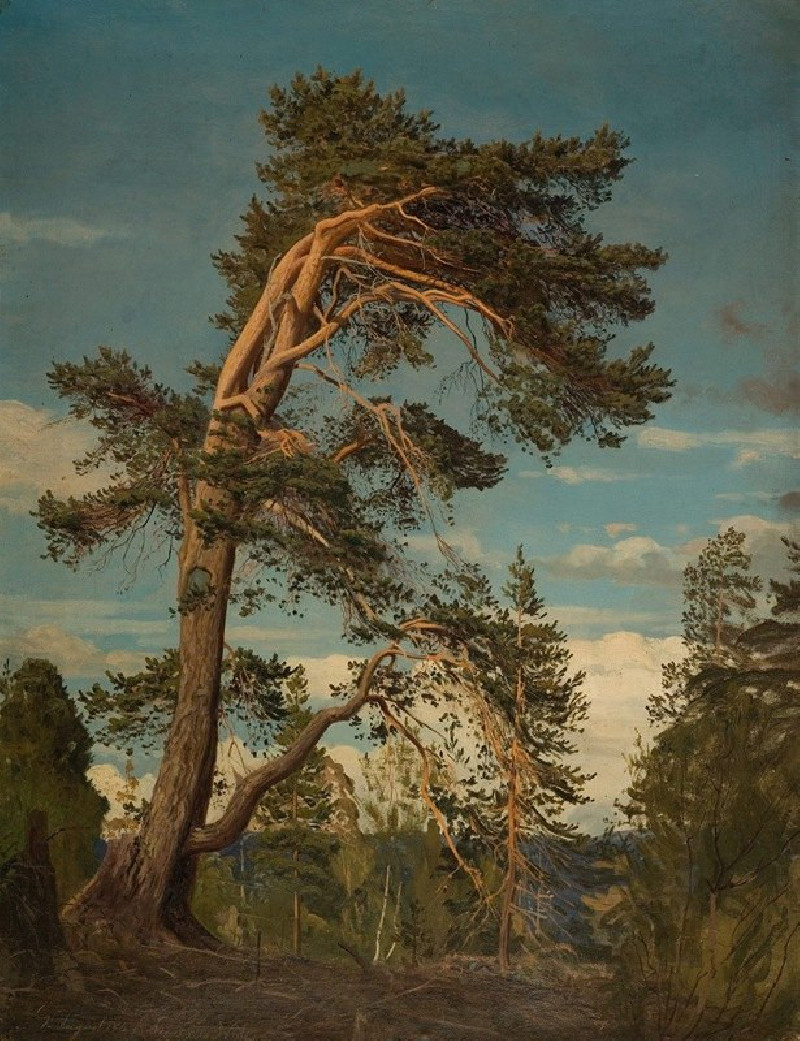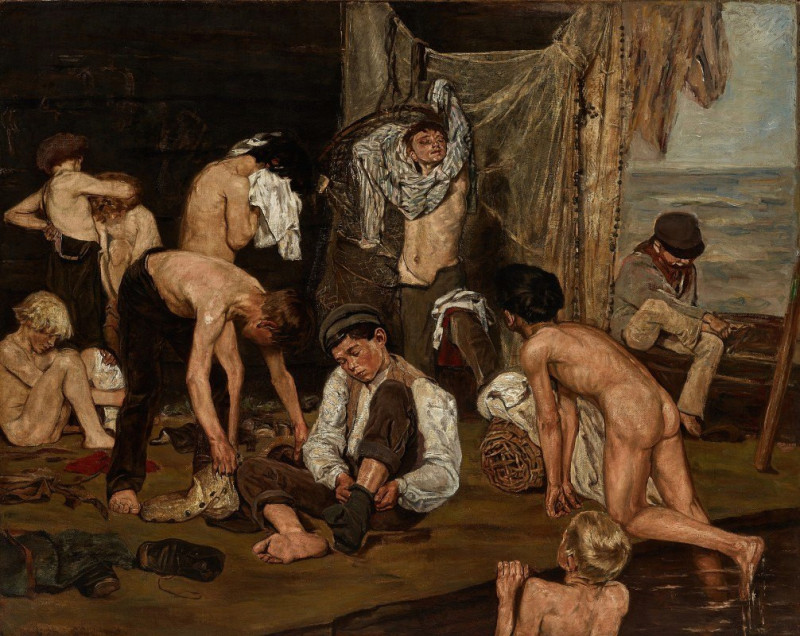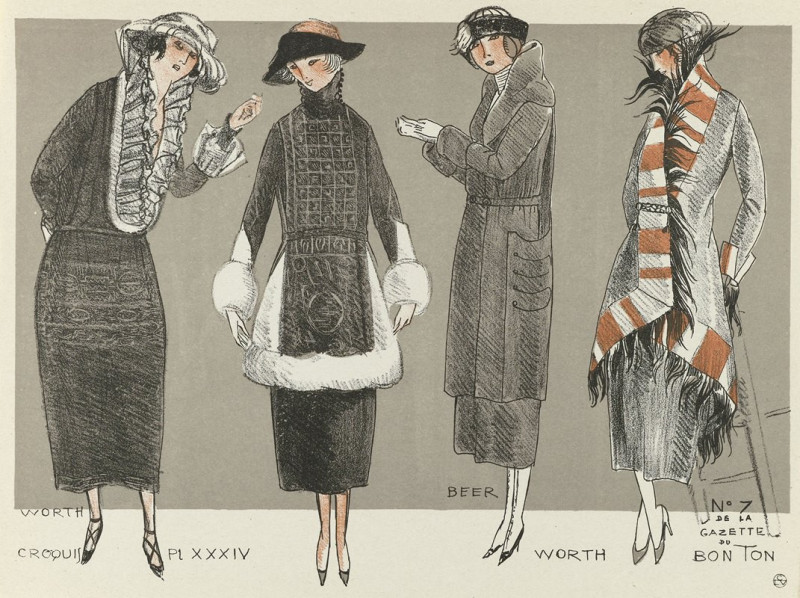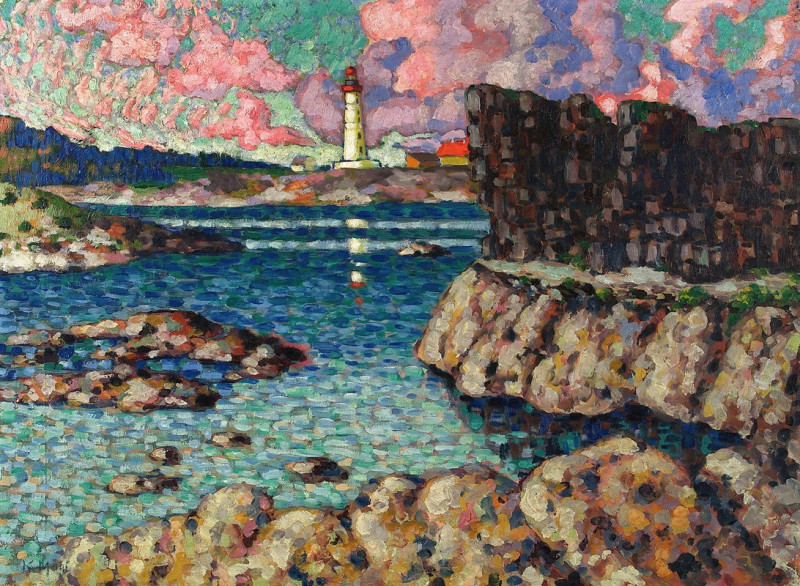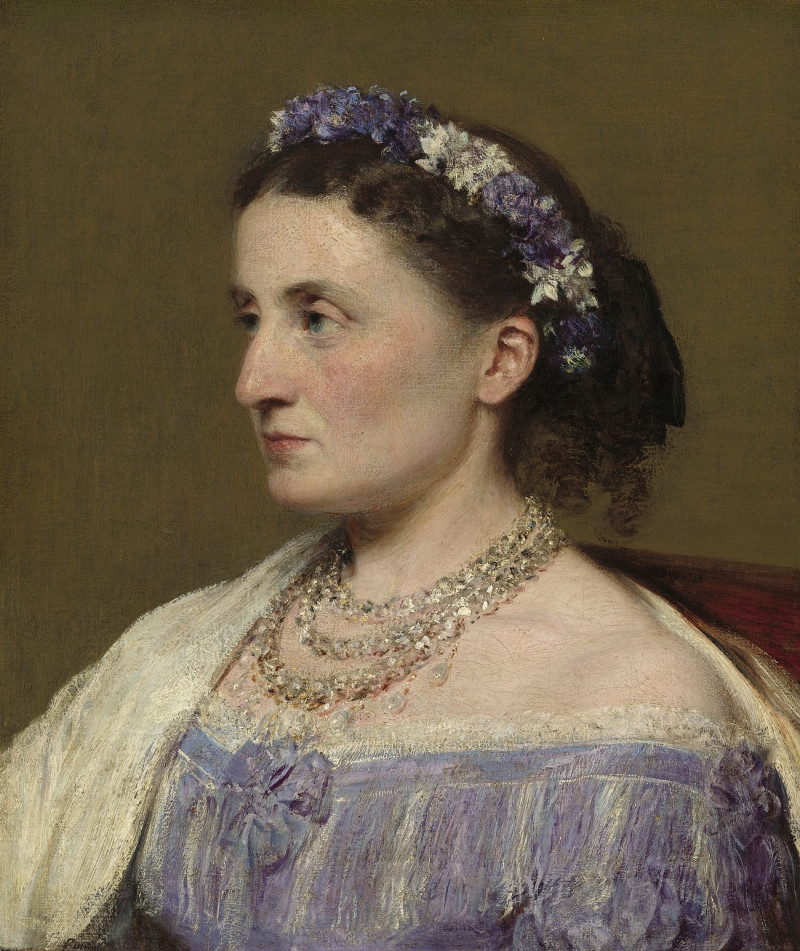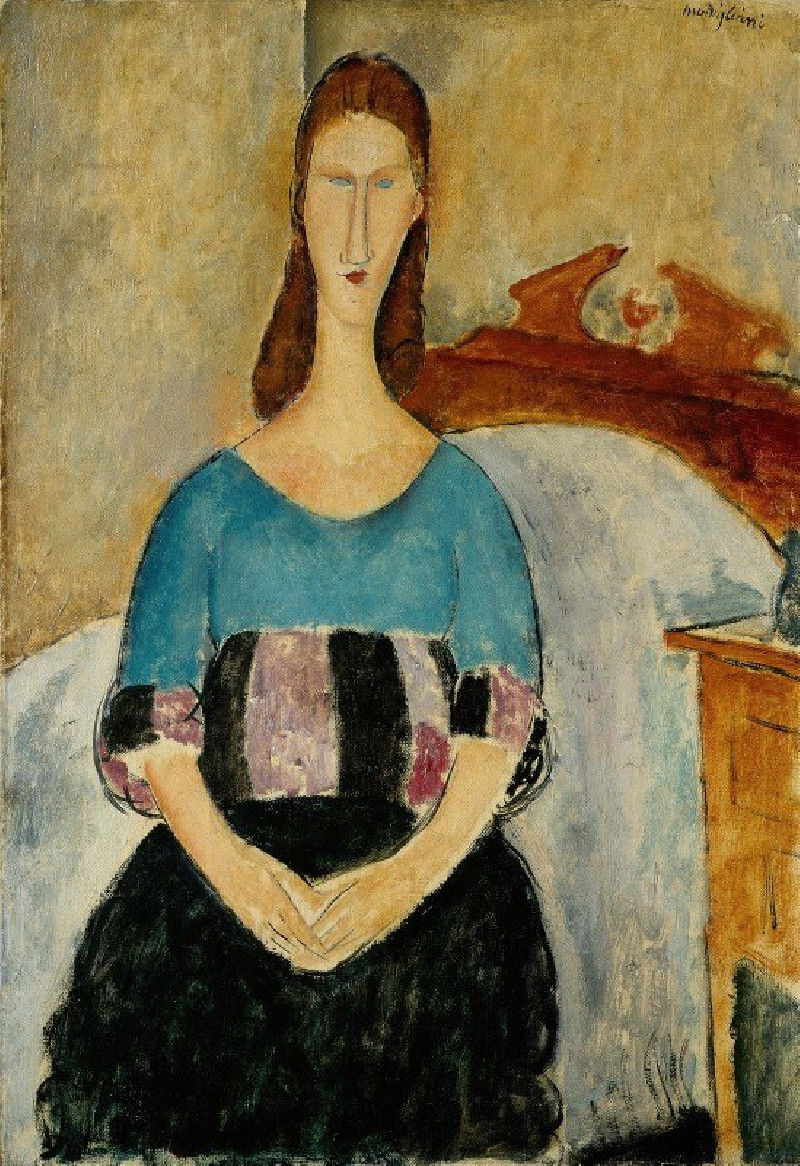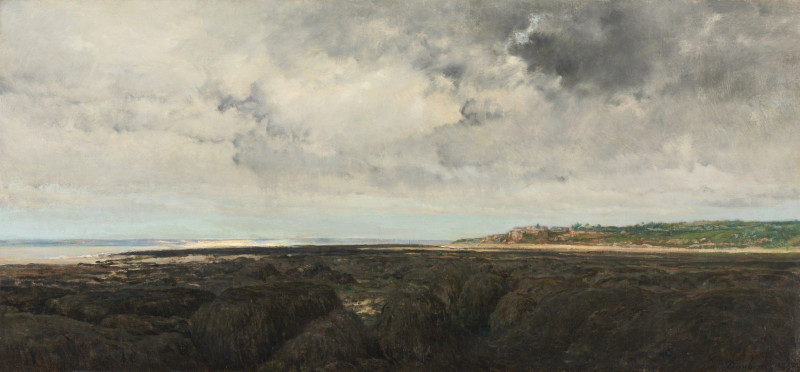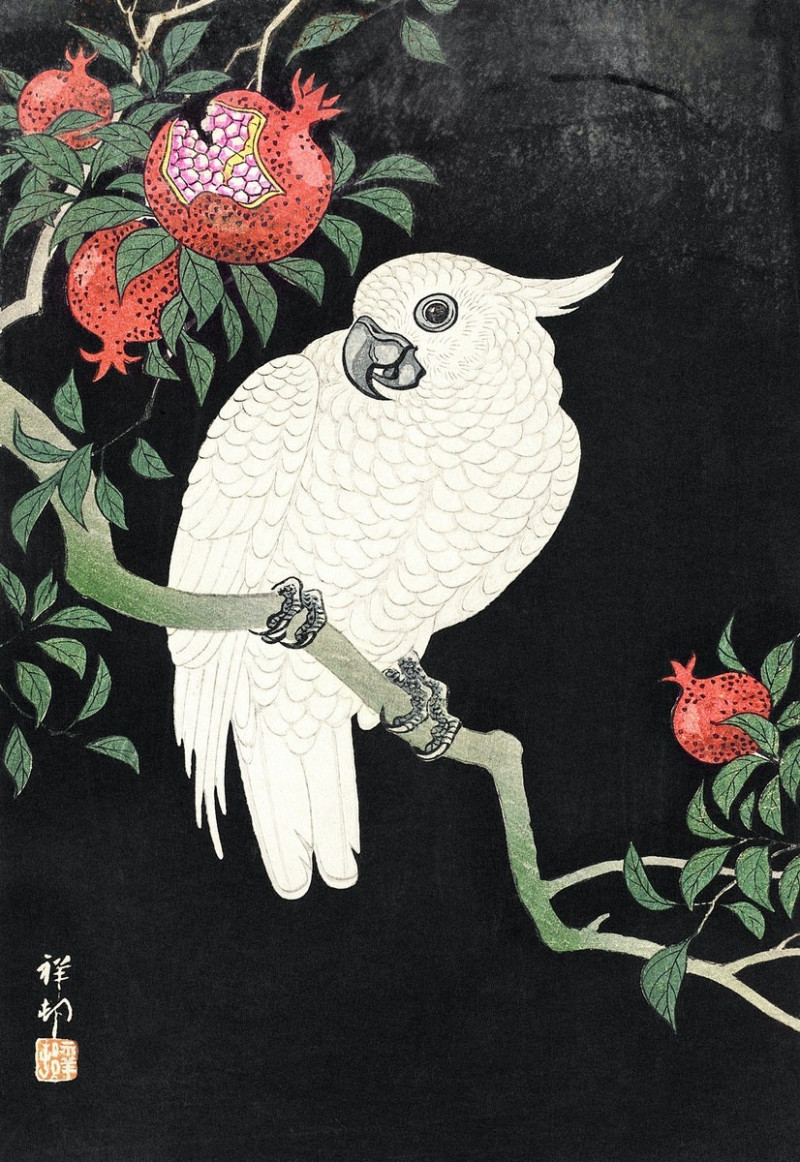Bauernwagen mit Pferd (1922)
Technique: Giclée quality print
Recommended by our customers
More about this artwork
Uncover the dynamic brushstrokes and striking color palette of Ernst Ludwig Kirchner in “Bauernwagen mit Pferd” (Farm Wagon with Horse), crafted in 1922. This compelling masterpiece treats viewers to a vivid glimpse into Kirchner’s expressionistic portrayal of rural life.At the heart of the painting, a robust white horse, depicted in Kirchner's signature expressive style, powerfully strides forward, pulling a blue farm wagon. A farmer, clothed in white with a broad, blue hat, guides the horse, their combined form a blend of motion and energy against the painting's lush green background. The setting is minimal yet evocative, illustrating a tranquil path through rolling fields.Kirchner's adept use of color and form reflects more than mere scenery; it engages the observer with its psychological depth and intensity, characteristics that define Kirchner’s contributions to modern art. With its swirling brush strokes and bold outlines, “Bauernwagen mit Pferd” is not just a portrayal of a farmer and his horse but a powerful expression of life’s rhythm in the simplicity of rural settings.This painting is an exemplary piece of Expressionism, capturing the essence of human and animal synergy, and the profound connection to the landscape that surrounds them.
Delivery
Returns
Ernst Ludwig Kirchner (1880–1938) was one of the most important German Expressionist painters. He was a co-founder of Die Brücke, a group of German expressionist artists formed in Dresden in 1905. Die Brücke and Kirchner took inspiration from Vincent Van Gogh and Edvard Munch, as well as African and Oceanic art. They used woodblock printing as a medium to showcase their signature style: flat, unrealistic images with vivid colors. The recurring themes in Kirchner's artworks included exotic cultures, faraway landscapes, self-portraits, dancers and Berlin street life. His paintings and prints effectively portrayed non-European cultures despite the fact that he never traveled outside of Europe.


